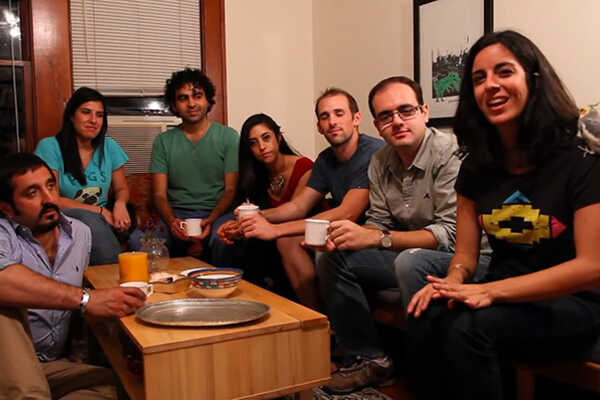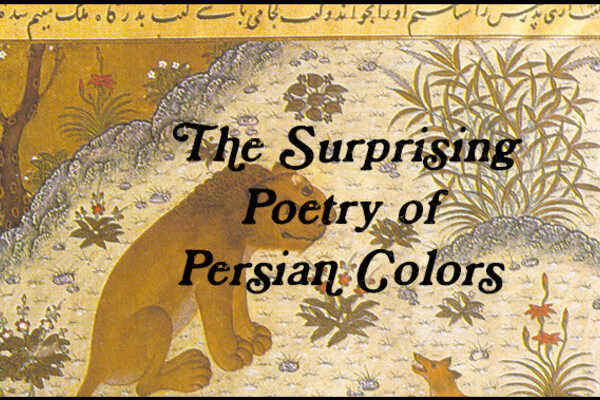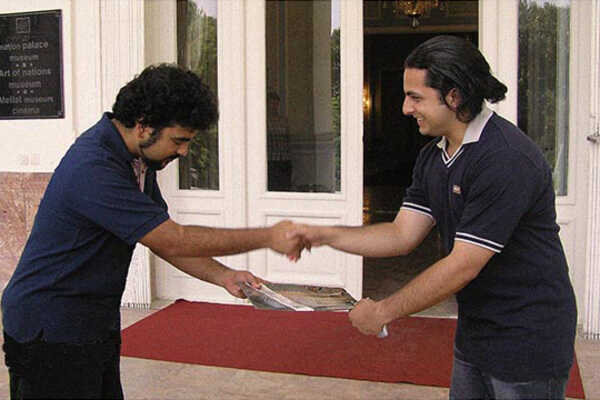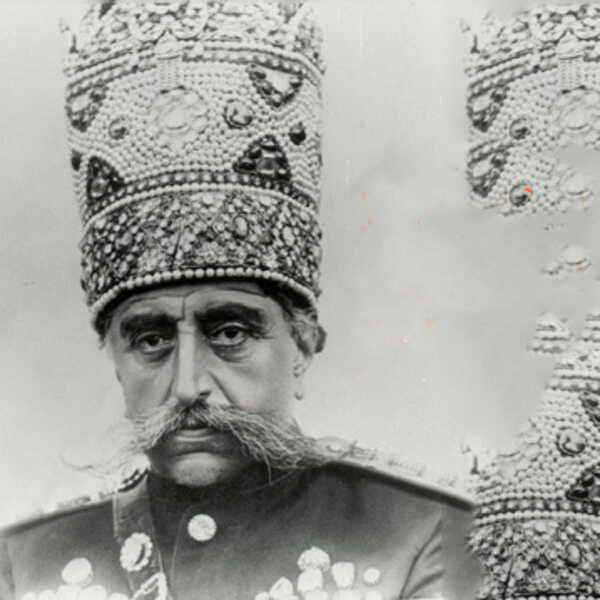
11 Persian Sayings That Make No Sense in English
Translating idioms and sayings into other languages is always an exercise in humor- often, you've repeated them so many times without thinking about what is literally being said. We decided to make a list of the 11 funniest Persian sayings and translate them literally into English, along with a photo accompaniment of their literal meanings. Try to take a guess at what they actually mean before reading the explanations below.
1. moosh bokhoradet
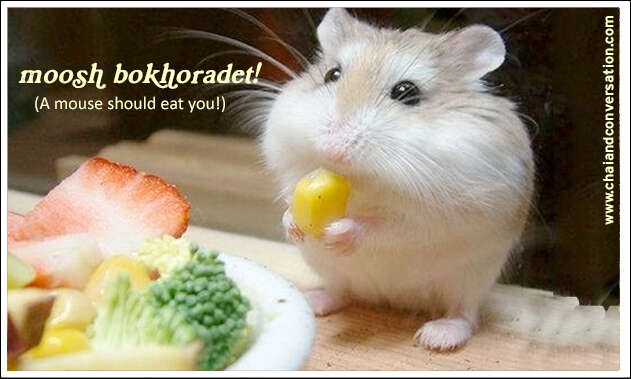
While literally meaning 'A Mouse Should Eat You' in the Persian language, this phrase means 'You are cute'. You'll hear adults saying this to kids all the time (especially while pinching their cheeks). moosh bokhoré torō! is another way to say it. It's also used when someone says something adorable- but beware, sometimes it could be used in a slightly demeaning way, or to belittle someone. The equivalent is if an adult says something in English, and another adult answers back 'Oh, you're so cute!' Cute isn't always the highest compliment in that context...
2. zahré mār
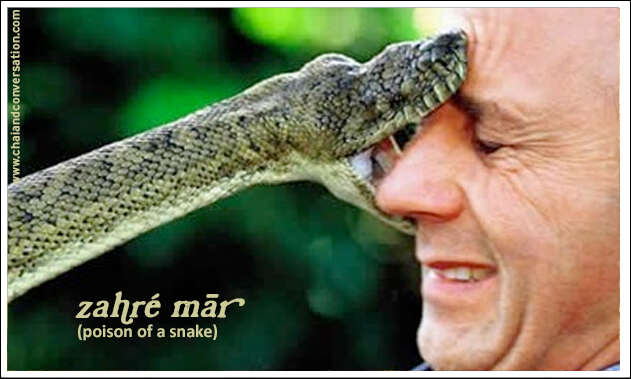
Though it literally means 'the poison of a snake,' this phrase means 'Shut up!' in the Persian language. Just as shut up is not a nice thing to say in English, zahré mār can be quite insulting in the Persian language as well, unless it's used in a context to mean 'get out of here!'.
3. jeegaretō bokhoram
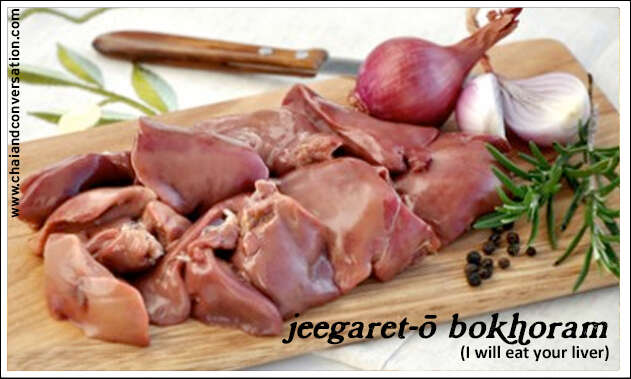
This is another endearing statement in the Persian language, and means something along the lines of 'I love you' or 'I'll do anything for you.' You can say it to a lover, friend, or family member, but only to people you have strong feelings toward. It's a way of expressing some intense love.
4. havā-tō dāram
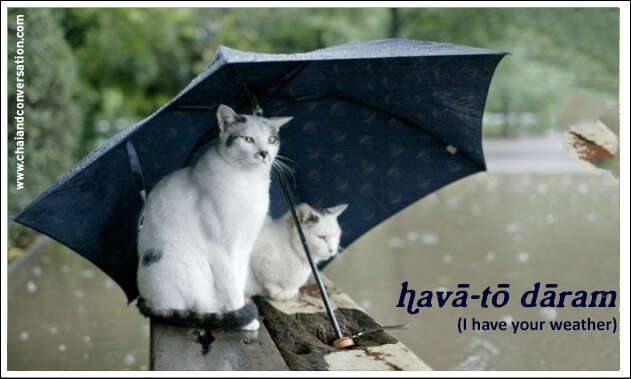
Although literally meaning I have your weather or air, this statement is the Persian equivalent of the English 'I have your back.' So in other words, 'I'm there for you buddy!'
5. jeegaré man-ee
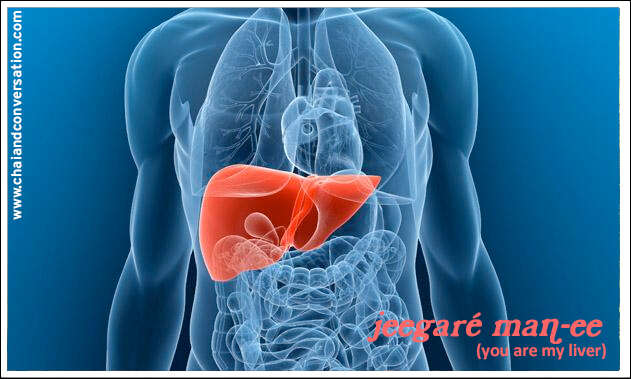
Similar to 'I want to eat your liver,' one of the most loving terms of endearment you can direct to someone is to tell them you that they are your liver. While this may not sound romantic in English, it has quite an effect in the Persian language. Tell someone 'jeegaré man-ee', and they will be yours forever.
6. bā namak
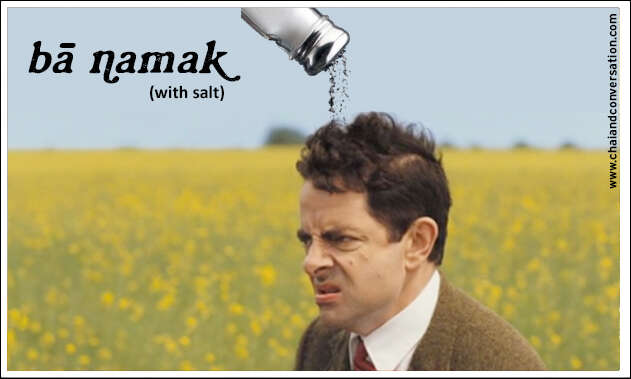
Although this saying literally means 'salty', it has the opposite meaning of what you might think. When you call someone bā namak, you are saying that they are funny, interesting or charming. Conversely, bee namak refers to a humorless, dry person.
7. ghorbānat beram

Although this is an extreme saying, it is used quite frequently in the Persian language. It literally means 'I would like to be sacrificed for you', but is used simply as a term of affection. Watch our video on tarof to get a better example of this extreme example of tarof.
8. saram kolā gozāshtan
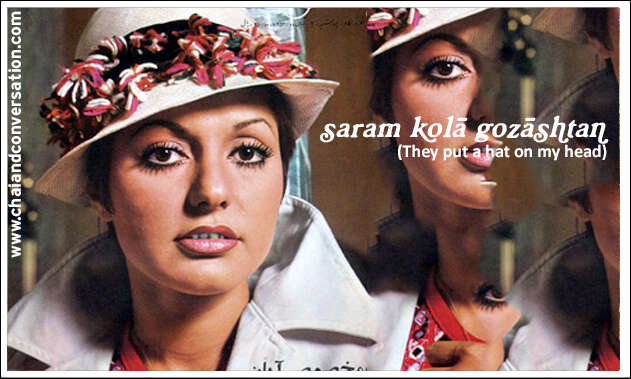
This Persian phrase is used to mean 'they tricked me'. Either someone else can put a hat on your head, or you can do it to someone else- saret kolā gozashtam (I tricked you).
9. jāt khāli-yé
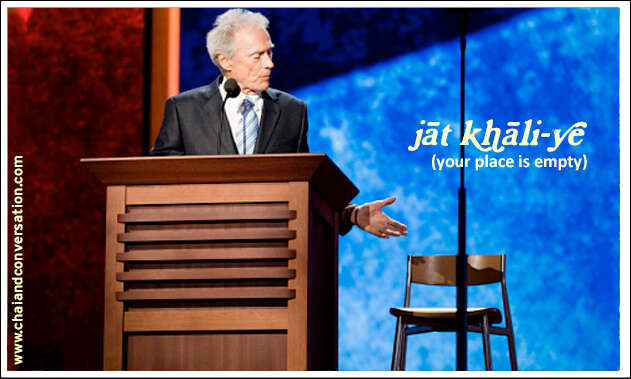
This is a very common Iranian saying, and it means 'You were missed'. Anytime you speak of an event that was very enjoyable, but the person you are talking to was not present, you are obligated to tell them that they were missed in the situation. This way, they know you were thinking of them, and that it would have been better if they'd been there. Another way of saying this is jāt sabzé, which literally means 'your place is green', or there is green grass growing where you should have been. This means the same exact thing as jāt khāli-yé.
10. zameen khordam
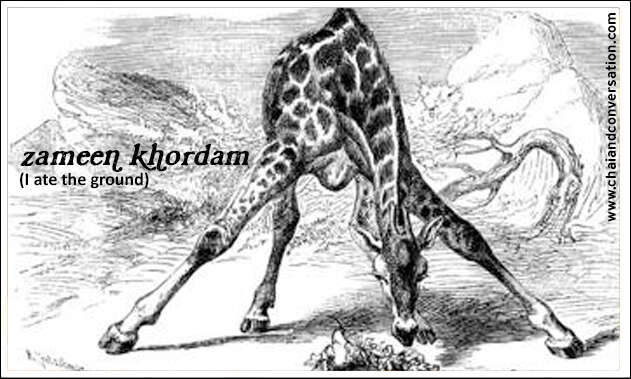
Although it doesn't literally mean 'I ate the ground', khordan can be used either to mean 'to hit' OR 'to eat'. This phrase is used to signify 'I fell to the ground' or 'I fell down'.
11. khāk bar sar-am
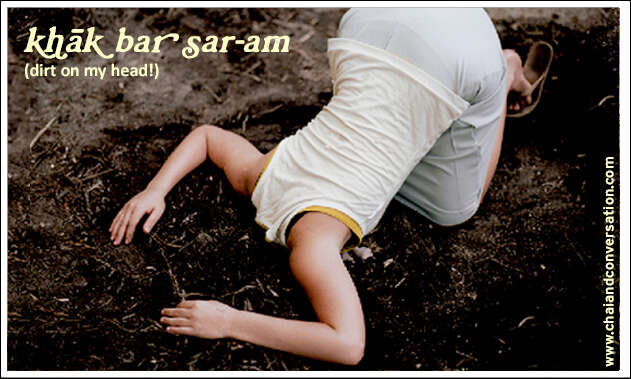
This is a phrase that is in the not-so-nice category. It literally means 'dirt on my head', which is another way of saying 'I should die', and it's hard to translate the phrase into English without using some not-so-good English words. But basically, it's used when you've made a mistake or realized something terribly wrong has happened. You can also flip it around and say khāk bar sar-et, meaning dirt on your head, but remember this is very insulting, and basically means something along the lines of 'You should die!'
So there you go, 11 Persian phrases that when translated into English literally, are quite hilarious. Can you think of any that we're missing? Leave them for us in the comment section below- perhaps we can do another illustrated series for all to see.
Want to Learn More Persian, for Free?
Learn Persian with Chai and Conversation is a free podcast devoted to teaching conversational Persian! In addition, we have a series of guides for each lesson that will help you get a better understanding of the language. Try out these Bonus Materials for Lesson 1 (a PDF guide and enhanced podcast) for free, and find out when new lessons are released by signing up here!
